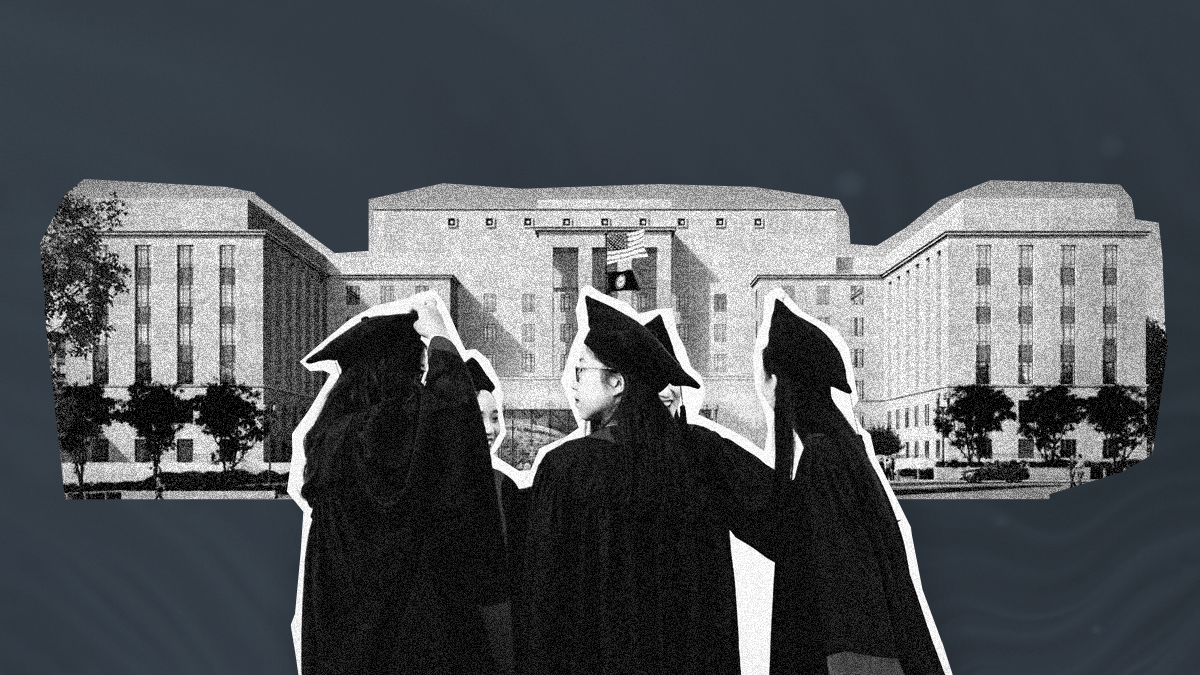
State Department Must Urgently Update the Exchange Visitor Skills List To Safeguard American Interests
The J1 visa Exchange Visitor Program, a pivotal mechanism fostering global cultural exchange and dissemination of specialized knowledge, remains regrettably stagnant since its last renewal on April 30th, 2009, just about 14 years ago. The anachronistic nature of this scheme inadvertently undermines American interests, a phenomenon glaringly evidenced by the manner in which it impacts Chinese exchange students and investigators focusing on Science, Technology, Engineering, and Mathematics (STEM) disciplines.
The Exchange Visitor Skills List delineates fields embodying specialized knowledge and abilities deemed indispensable for a participant’s nation of origin’s advancement. As stipulated in Section 212(e) of the Immigration and Nationality Act, when a skill appears on the State Department’s list of skills (referred to as the “Skills List” hereon) necessary for the development of a particular country, exchange visitors must spend two years in their native country post-program completion. The conceptual foundation underpinning this rule is inherently valid—fostering learning and contributions to both the United States and countries of origin. However, the obsolescence afflicting this Skill List generates unforeseen ramifications that ultimately jeopardize national interests.
China has made tremendous progress in cultivating its STEM competencies over the past decade. Indeed, China now produces twice as many STEM graduates from Master’s programs and is projected to graduate twice as many STEM PhD holders than the United States by 2025. The Australian Strategic Policy Institute further reveals that China prevails internationally across 37 out of 44 vital technology sectors. Despite these prodigious advancements, archaic regulations continue to include computer science and numerous other STEM fields on the Skills List for China.
This oversight dictates that Chinese students drawn to American institutions find themselves subjected to the two-year home-country physical presence requirement upon program completion. As a result, they expend those critical two years following their education infusing newfound expertise into Chinese industries rather than substantially augmenting US research enterprises or corporations.
Heeding this very predicament, Chinese governmental policies have commenced refusing waivers for students subjected to the aforementioned requirement—shrewdly exploiting America’s outmoded policies.
Mitigating this quandary necessitates decisive action from our governance; revising the extant Exchange Visitor Skills List would rectify these disparities, enabling skilled international workers to collaborate more effectively with the United States. For instance, excising China’s STEM programs from the Skills list would guarantee equitable prospects for nascent global research endeavors within these paramount fields. National capabilities around the world are quickly evolving. Undertaking a regular, systematic, data-informed update would facilitate the United States’ ability to preserve its competitive advantage within vital industries while concurrently nurturing amicable international relations.
The urgency of modernizing the Exchange Visitor Skills List cannot be overstated. By bringing this List up to date, we shall harness—with reciprocity—the ardor and intellect of gifted minds traversing borders while simultaneously defending and advancing American interests.
The Federation of American Scientists supports Congress’ ongoing bipartisan efforts to strengthen U.S. leadership with respect to outer space activities.
By preparing credible, bipartisan options now, before the bill becomes law, we can give the Administration a plan that is ready to implement rather than another study that gathers dust.
Even as companies and countries race to adopt AI, the U.S. lacks the capacity to fully characterize the behavior and risks of AI systems and ensure leadership across the AI stack. This gap has direct consequences for Commerce’s core missions.
As states take up AI regulation, they must prioritize transparency and build technical capacity to ensure effective governance and build public trust.